Bangladesh, a densely populated country in South Asia, faces significant energy challenges due to its growing population and limited access to traditional energy sources. However, Bangladesh has immense potential for solar energy utilization, with abundant sunlight throughout the year. In recent years, the country has made remarkable strides in the adoption of solar energy systems. This essay delves into the benefits of solar energy and outlines a comprehensive guide on how to use solar energy systems effectively in Bangladesh, ultimately paving the way towards a sustainable future.
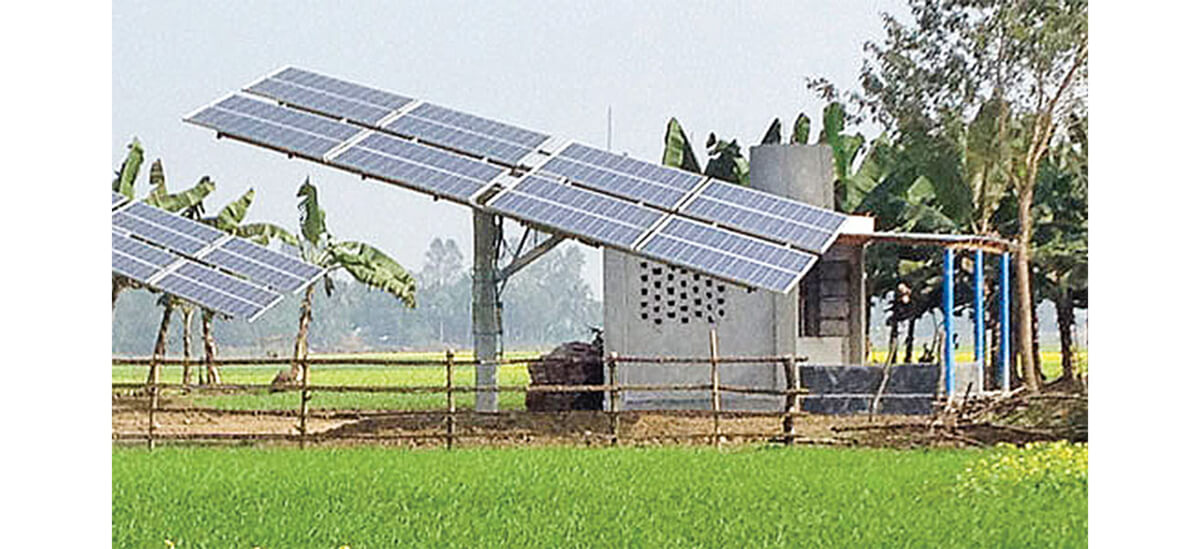
1. Understanding Solar Energy:
Solar energy is the radiant energy emitted by the Sun, which can be harnessed and converted into electricity or used for heating purposes. Unlike fossil fuels, solar energy is renewable, abundant, and environmentally friendly. Photovoltaic (PV) cells, commonly known as solar panels, convert sunlight directly into electricity. Solar thermal systems, on the other hand, utilize sunlight to heat water or air for various applications.
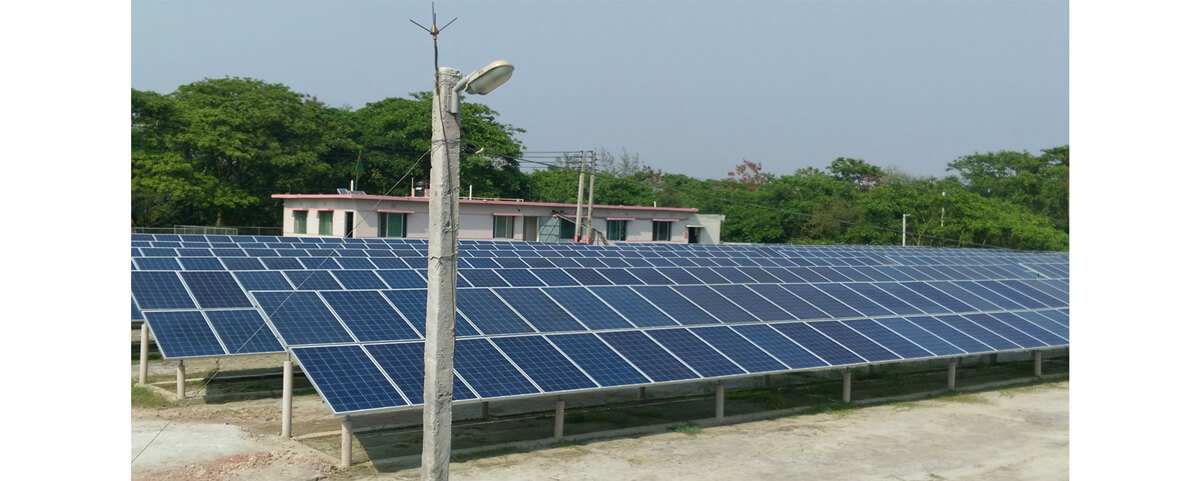
2. Advantages of Solar Energy in Bangladesh:
- Energy Independence and Cost Reduction: By adopting solar energy systems, Bangladesh can reduce its reliance on imported fossil fuels, ensuring energy security. Solar power is a free and inexhaustible resource, enabling long-term cost savings on energy bills.
- Environmental Sustainability: Solar energy produces minimal greenhouse gas emissions, contributing to the reduction of air pollution and mitigating climate change. It offers a clean alternative to traditional energy sources, minimizing the adverse impact on the environment.
- Rural Electrification: Bangladesh has a significant number of remote areas where grid connectivity is limited. Solar energy systems, especially off-grid systems, can provide electricity to these remote regions, improving the quality of life and supporting socioeconomic development.
- Job Creation and Economic Growth: The widespread adoption of solar energy in Bangladesh will stimulate job creation and promote economic growth. Solar projects require skilled workers for installation, maintenance, and manufacturing, leading to employment opportunities and localized economic development.
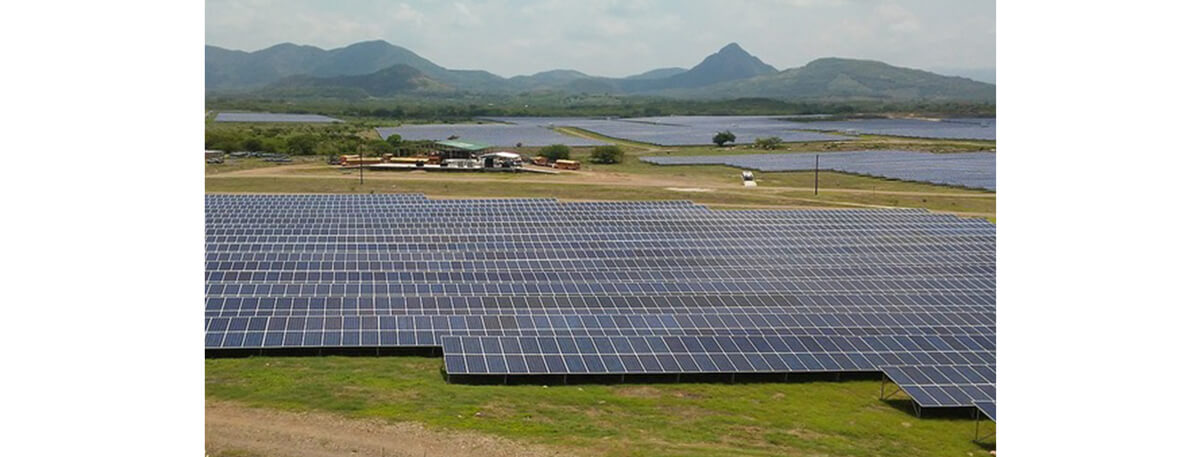
3. Implementing Solar Energy Systems in Bangladesh:
- Assessing Solar Potential: Conduct a solar resource assessment to determine the availability and intensity of sunlight in different regions of Bangladesh. This information will guide the sizing and design of solar energy systems.
- Policy and Regulatory Framework: The government should formulate supportive policies and regulations to encourage the adoption of solar energy. This includes providing incentives such as tax breaks, subsidies, and net metering schemes, along with streamlining the approval process for solar projects.
- Building Infrastructure: Invest in the development of solar energy infrastructure, including solar parks, rooftop installations, and mini-grids. Establishing dedicated solar energy zones can facilitate large-scale solar projects and attract private investment.
- Promoting Awareness and Capacity Building: Educate the public about the benefits of solar energy and raise awareness about available financing options. Conduct training programs to build a skilled workforce capable of installing, operating, and maintaining solar energy systems.
- Research and Development: Allocate resources for research and development to improve solar energy technologies, energy storage solutions, and system efficiency. Encouraging innovation will drive the advancement of solar energy adoption in Bangladesh.
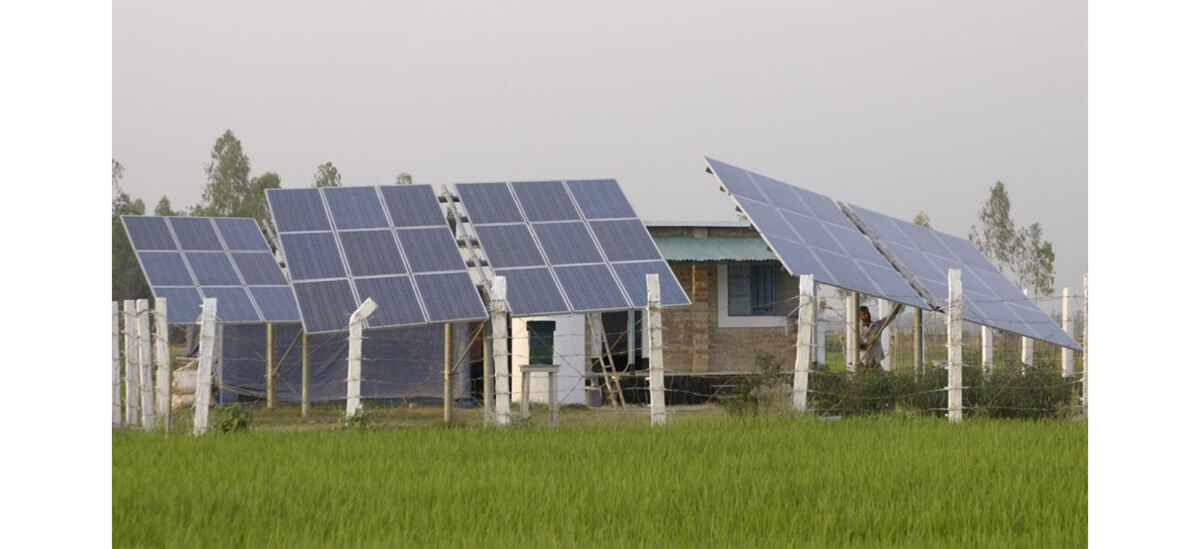
4. Overcoming Challenges and Ensuring Long-Term Sustainability:
While the benefits of solar energy in Bangladesh are significant, several challenges must be addressed to ensure long-term sustainability and maximize its potential.
- Financial Accessibility: One of the primary barriers to solar energy adoption is the upfront cost of installation. To overcome this challenge, the government, in collaboration with financial institutions, can introduce innovative financing options such as low-interest loans, lease-to-own models, and pay-as-you-go systems. These initiatives will make solar energy more affordable and accessible to a wider range of individuals and businesses.
- Quality Assurance and Standards: Establishing quality assurance mechanisms and enforcing strict standards for solar equipment, installation, and maintenance are essential. Certifications and accreditation programs can ensure the durability, reliability, and performance of solar energy systems, providing consumers with confidence in their investment.
- Grid Integration and Storage Solutions: Integrating solar energy into the existing power grid infrastructure requires careful planning and coordination. The development of grid-connected solar systems, coupled with advanced energy storage technologies, such as batteries, can ensure a stable and reliable energy supply, even during periods of low solar irradiation or high demand.
- Technical Capacity and Training: Building technical capacity within the workforce is crucial for the successful implementation and maintenance of solar energy systems. Training programs and vocational courses should be offered to engineers, technicians, and electricians to enhance their knowledge and skills in solar technology. Collaboration with educational institutions and industry experts can facilitate knowledge transfer and skill development.
- Community Engagement and Participation: Engaging local communities and fostering their active participation in the deployment of solar energy systems is vital. This can be achieved through community-based organizations, awareness campaigns, and incentivizing community ownership models. Encouraging community participation not only enhances the sense of ownership but also promotes sustainable energy practices at the grassroots level.
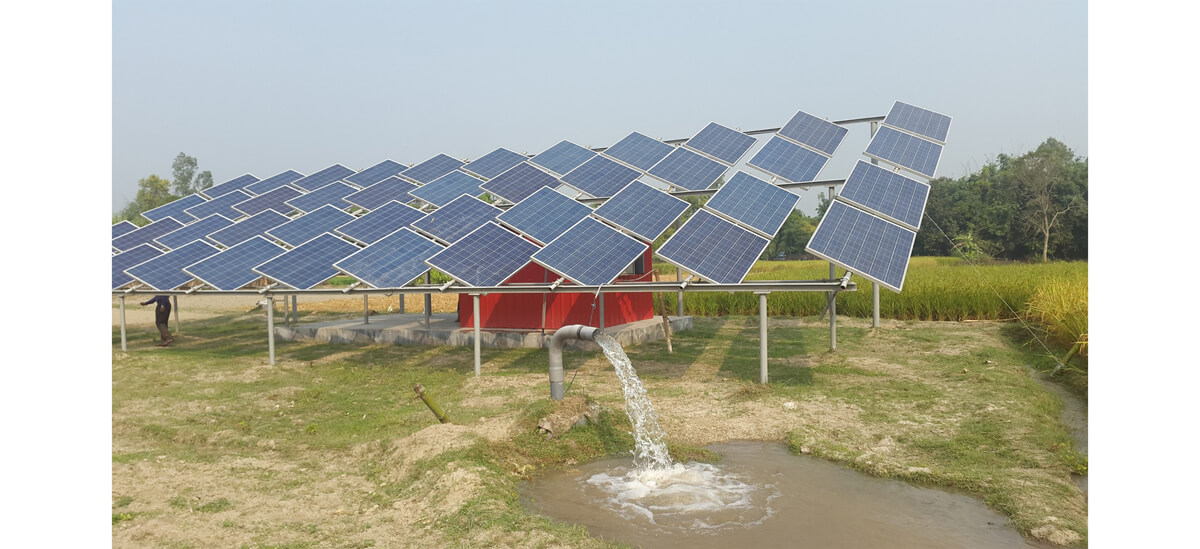
The utilization of solar energy in Bangladesh holds immense promise for meeting the country's growing energy demand, achieving energy security, and fostering sustainable development. By addressing the challenges and implementing a holistic approach that encompasses policy support, infrastructure development, capacity building, and community engagement, Bangladesh can unlock the full potential of solar energy. This transition to solar power will not only bring tangible benefits, such as cost savings and reduced emissions but also contribute to a cleaner, greener, and more resilient future for the nation. With collective efforts and continued commitment, Bangladesh can pave the way as a role model for solar energy adoption, inspiring other countries to embrace renewable energy as a pathway to a sustainable world.
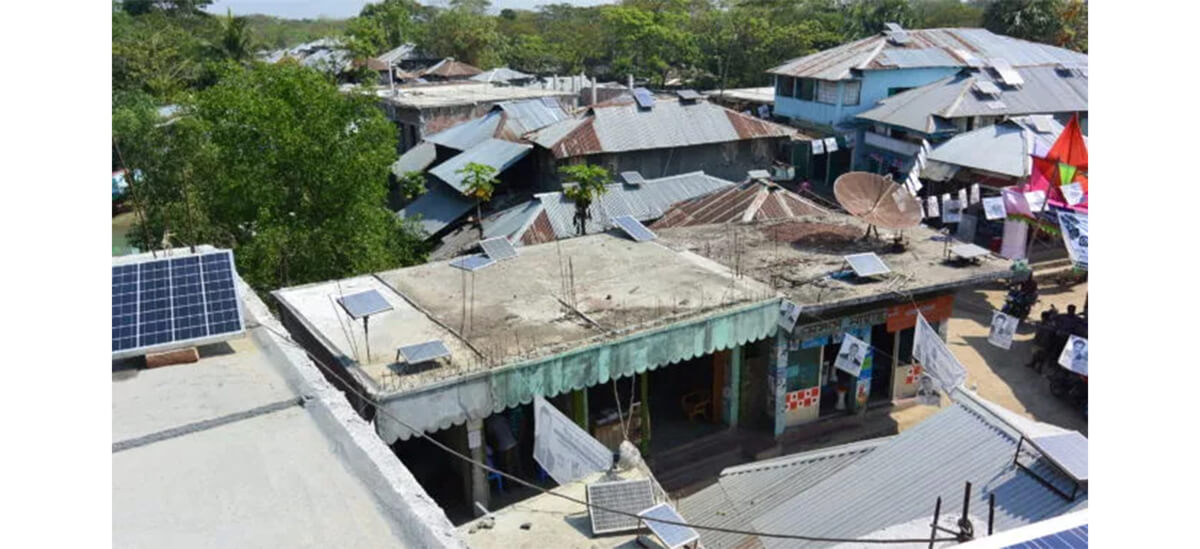
Embracing solar energy systems in Bangladesh holds the key to achieving sustainable development goals. The country's abundant sunlight resources make it an ideal candidate for widespread solar energy adoption. By prioritizing solar energy in national policies, investing in infrastructure, promoting awareness, and fostering research and development, Bangladesh can create a thriving solar energy sector that will contribute to energy security, economic growth, and environmental preservation. It is through these collective efforts that Bangladesh can harness the power of the sun and pave the way for a sustainable and brighter future.











